Chiropractic Adjustments for TMJ Disorder
Temporomandibular joint (TMJ) disorder commonly affects the jaw joint, neck, and surrounding muscles. The TMJ acts as a sliding hinge connecting the jawbone to the skull, enabling crucial actions like chewing, speaking, and yawning. This joint uniquely combines hinge and sliding motions, increasing its complexity and susceptibility to dysfunction. Misalignment or stress in the TMJ can lead to jaw pain, discomfort, and restricted jaw movement.
TMJ issues frequently result from muscle tension, poor posture, or spinal misalignment—all conditions effectively addressed through chiropractic care. Chiropractic adjustments can significantly improve TMJ symptoms by enhancing joint alignment and reducing nearby muscle strain.
Common Symptoms of TMJ
TMJ disorder presents diverse symptoms, including:
Jaw pain or tenderness
Clicking or popping sounds when opening or closing the mouth
Difficulty chewing or jaw discomfort while eating
Locking of the jaw joint
Headaches, earaches, or facial pain
Causes of TMJ
Several factors contribute to TMJ disorder:
Jaw misalignment or teeth grinding (bruxism)
Stress-related muscle tension in the jaw
Injury or trauma affecting the jaw joint
Arthritis impacting the joint
How Chiropractic Care Can Help TMJ
Identifying your specific TMJ cause is crucial for effective relief. Chiropractic care provides a non-invasive, holistic method for managing TMJ symptoms. Through targeted chiropractic adjustments, chiropractors can enhance spinal alignment and jaw functionality while alleviating surrounding muscle tension. Improved posture and reduced neurological deficits further ease jaw pressure, promoting optimal TMJ alignment.
Specialized Gonstead chiropractors have unique training for jaw adjustments, significantly reducing inflammation and restoring proper jaw mobility (1). Research supports that chiropractic treatment restores balance in the jaw muscles and reduces inflammation, improving overall TMJ function. By addressing interconnected relationships between the head, neck, and jaw, chiropractic adjustments offer comprehensive pain relief and improved joint health (2).
For individuals experiencing persistent TMJ pain, chiropractic care presents a safe and effective treatment option. By addressing root causes like spinal misalignment and muscle tension, chiropractors can alleviate discomfort, enhance jaw function, and improve overall quality of life. If you're experiencing persistent TMJ pain, Dr. Bobby at Vertical Chiropractic in Sarasota, FL, can help. Take the first step toward relief and improved jaw function today.
References:
(1) Pavia, S., Fischer, R., & Roy, R. (2015). Chiropractic Treatment of Temporomandibular Dysfunction: A Retrospective Case Series. Journal of Chiropractic Medicine, 14(4), 279–284. https://doi.org/10.1016/j.jcm.2015.08.005
(2) Chu, E. C., Lee, W. T., Chau, C., Wong, E., & Cheng, H. Y. (2023). Temporomandibular Disorder Treated With Chiropractic Therapy. Cureus, 15(3), e36377. https://doi.org/10.7759/cureus.36377
